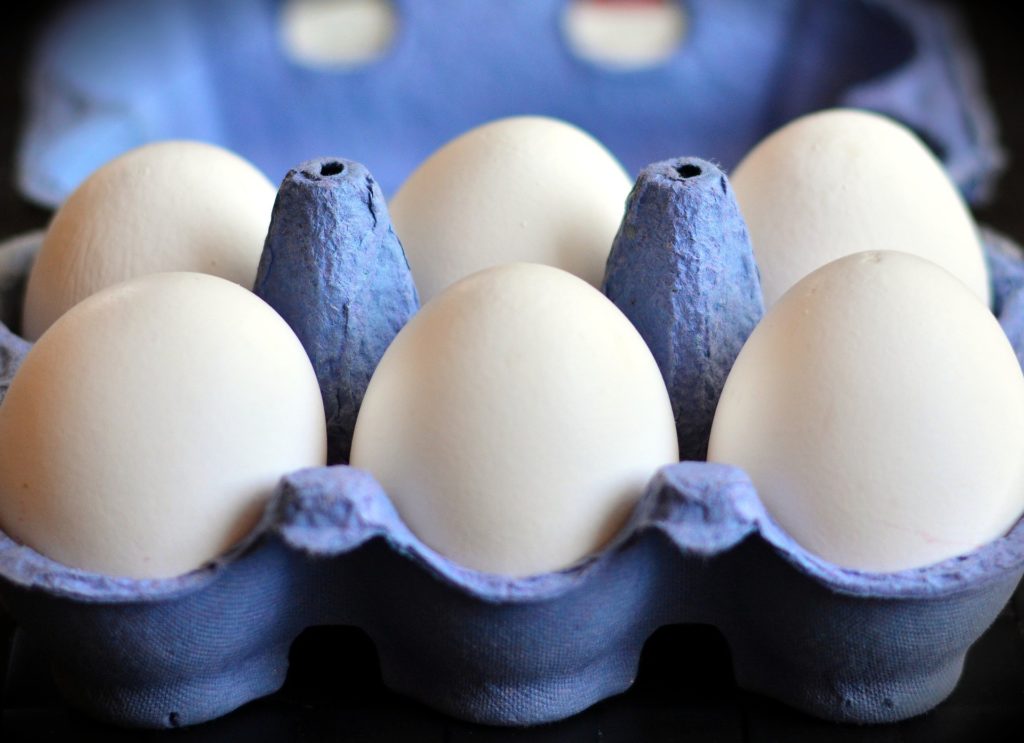With so many people working at home, schooling at home and social distancing by not going out, food storage is an important task. While we don’t need to hoard food, we are going to the store less and cooking more with leftovers to take care of and this means managing your foods to get the most out of them and not waste them to spoilage.

Leftovers
If you only have one or two in your household, you may find that you are ending up with leftovers more often. In general, leftover cooked poultry and meat dishes will last 3-4 days in the refrigerator. Be sure to refrigerate leftovers within 2 hours (preferably as soon as possible). If you have more than you can eat in 3-4 days, think about freezing the dish for later.
Produce
Storage of fresh vegetables under the proper conditions can extend their life. Try to use what you can as soon after you buy it as possible for best flavor and freshness but here are some storage tips.
Keep fruits and vegetables in the produce drawers in the refrigerator to prevent water loss and control humidity. Some fruits, especially apples, give off ethylene gas to help them ripen so store fruits and vegetables separately.
Don’t wash berries before storing to extend their life.
Store vegetables in perforated bags, not sealed to allow some air circulation.
Lettuces and leafy greens can be loosely wrapped in a damp paper towel to keep them fresh longer.
Fruits and vegetables that may be stored (uncut) on the countertop include:
Fruits – apples (if less than 7 days, refrigerate for longer storage), bananas, cantaloupe, grapefruit, lemons, limes, mandarins, mangoes, oranges, papayas, persimmons, pineapple, plantain, pomegranates and watermelons
Vegetables – eggplant, ginger, jicama, peppers, pumpkins, tomatoes and winter squashes
Store potatoes, sweet potatoes, whole onions and garlic in a dry, cool place (not the refrigerator) away from direct sunlight – the sunlight will cause potatoes to become green and warmer temperatures will cause faster sprouting. Store the onions, which also give off gasses, away from the potatoes for longer life.
Produce that will stay fresh for several days to weeks include: apples, citrus fruits, onions, potatoes, winter squash, garlic, carrots, beets and cabbage Pre-prepared greens in sealed packages will last longer than heads or bunches of leafy greens
Once you cut into any fruit or vegetable, store in the refrigerator for safety purposes.
Eggs
Eggs will stay fresh for several weeks after the sell-by date. Make sure none are cracked or broken and then store in their original carton in the coldest part of the refrigerator (not in the door).
Frozen Foods
Frozen foods will remain safe indefinitely but lose quality over time. Keeping the freezer at 0 degrees F. is optimal for frozen foods.
Emergency Foods to Have on Hand
Foods that are good for emergency stores include: Ready-to-eat canned meats, fruits, vegetables and a can opener, protein or fruit bars, dry cereal or granola, peanut butter, dried fruit, canned juices, crackers, non-perishable pasteurized milk, nuts and trail mix, infant formula and foods, comfort/stress foods
There are several publications that can help you store foods properly and prepare for emergencies:
Storing Produce for the Short Term
Refrigerator and Freezer Storage Chart
Be Prepared: Food and Water in an Emergency
Get the most out of your foods and feed your family with healthy foods like fruits and vegetables during this time to build up your immune system and keep your family well. Call the Extension Office at 931-684-5971 if you need further information.